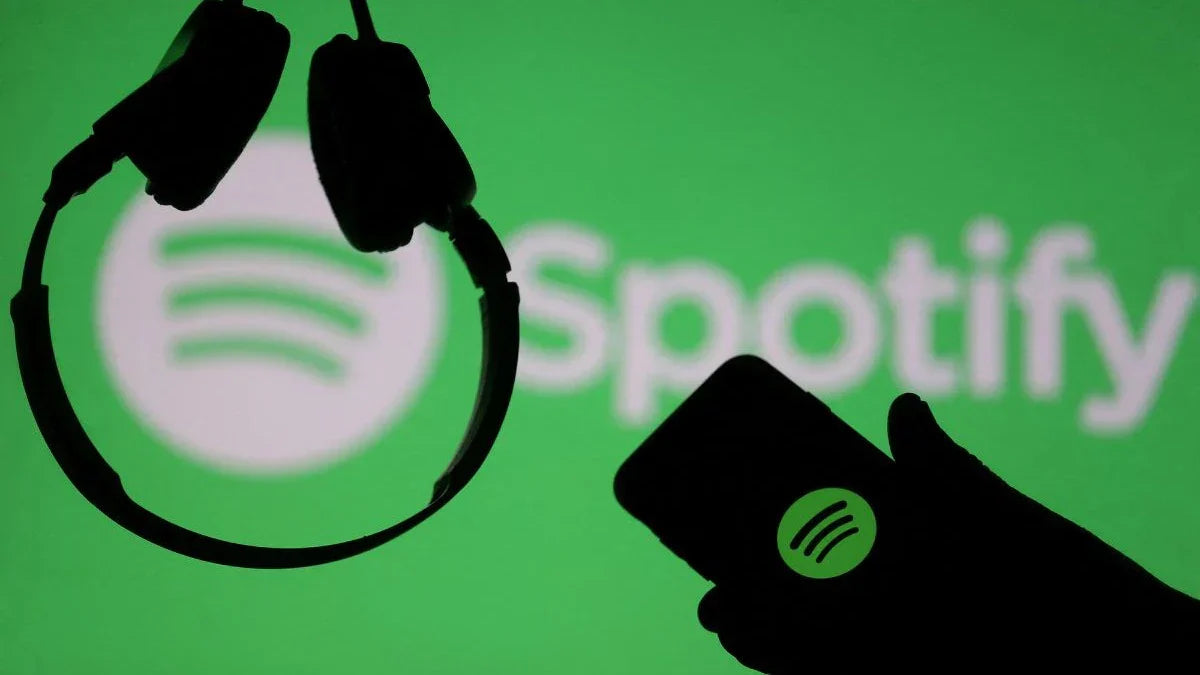Spotify is reportedly developing a new subscription tier, tentatively named 'Music Pro,' aimed at superfans willing to pay an additional $5.99 per month on top of the existing Premium subscription. This tier is expected to offer perks such as early access to concert tickets, AI-powered remix tools, and higher-fidelity audio. The initiative reflects a broader industry trend toward "premiumization," where streaming platforms introduce higher-priced tiers with exclusive content and features.
Concerns Among Creatives
While 'Music Pro' aims to enhance user experience, it has raised concerns within the creative community:
-
Widening Financial Inequality: Spotify's recent 'Loud & Clear' report indicates that only a small fraction of artists earn substantial income from the platform. In 2024, Spotify paid out $10 billion in royalties, yet merely 4% of its artists made a sustainable living. This disparity suggests that additional revenue from premium tiers may disproportionately benefit top-tier artists, potentially exacerbating existing inequalities.
-
Algorithmic Influence on Creativity: Spotify's algorithms have been criticized for promoting homogenized music styles, leading to the rise of "Spotifycore"—bland, mid-tempo tracks designed to fit seamlessly into playlists. This trend may stifle artistic innovation, as creators feel pressured to conform to algorithmic preferences to gain visibility.
-
Allocation of Additional Revenue: There is skepticism about whether the increased revenue from 'Music Pro' subscriptions will translate into fairer compensation for a broader range of artists, especially independent and emerging musicians. Without transparent mechanisms to distribute these funds equitably, the new tier could reinforce the existing income gap within the music industry.
Spotify's 'Music Pro' tier represents a strategic move to enhance user engagement and revenue. However, it raises critical questions about its impact on the creative community, particularly concerning financial equity and artistic freedom. As the platform evolves, addressing these concerns will be vital to fostering a diverse and thriving musical ecosystem.

